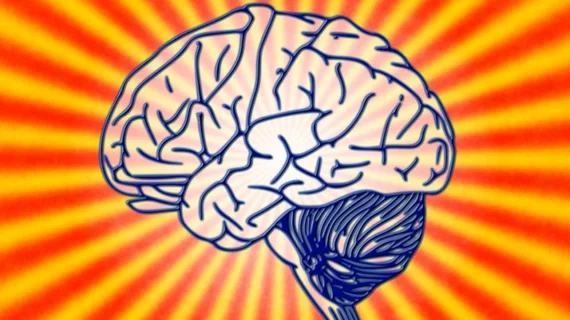CT-related radiation linked to brain cancer in kids, young adults
Undergoing CT scans may increase the risk for brain cancer in children and young adults, according to a study of more than 150,000 pediatric patients in the Netherlands.
The study, slated for publication in the Journal of the National Cancer Institute, focused on kids because they’re an especially vulnerable population when it comes to radiation, principal investigator Michael Hauptmann, PhD, said in a release. While CT scans carry greater diagnostic capabilities than some other modalities, they also carry more radiation—and children are especially at-risk since they might receive higher doses, are more susceptible to the adverse effects of radiation and have more years of potential harm ahead of them.
Hauptmann and his team studied 168,394 Dutch children who’d received at least one CT between 1979 and 2012. The researchers honed in on leukemia and brain tumor risk in particular, because those cancers are among the most common caused by radioactivity.
Overall cancer rates in the thousands of kids studied were 1.5 times higher than expected, the researchers reported. Dose-response relationships were observed for all brain tumors, with relative risk increasing to between two and four in the highest dose category.
There didn’t appear to be any link between radiation from CTs and leukemia, Hauptmann said.
“Epidemiological studies of cancer risks from low doses of medical radiation are challenging,” he said in the release. “Nevertheless, our careful evaluation of the data and evidence from other studies indicate that CT-related radiation exposure increases brain tumor risk.”
The results of their study could be partly explained through confounding by indication, Hauptmann explained, since the reason the kids involved had CT scans in the first place might have had something to do with a risk for developing cancer.
“Careful justification of pediatric CT scans and dose optimization, as done in many hospitals, are essential to minimize risks,” he said.

